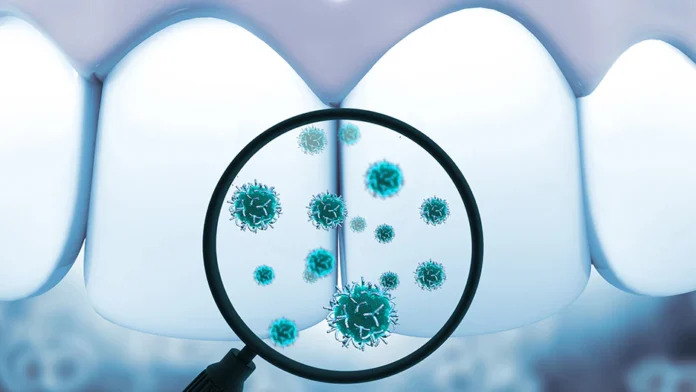Toothpaste is a staple in our daily oral hygiene routines, yet its importance often goes unrecognized. Beyond merely freshening breath, toothpaste plays a crucial role in maintaining a healthy smile. This article explores the various functions of toothpaste, its key ingredients, and how it contributes to overall oral health.
The Primary Functions of Toothpaste
Toothpaste serves several essential functions that are vital for maintaining dental health. Here are the primary roles it plays:
1. Cleaning Teeth
The most fundamental purpose of toothpaste is to clean teeth. Toothpaste contains mild abrasives that help remove plaque, food particles, and surface stains. Regular brushing with toothpaste prevents the buildup of plaque, a sticky film of bacteria that can lead to cavities and gum disease if not adequately removed.
2. Preventing Cavities
One of the most significant benefits of using toothpaste is its ability to prevent cavities. Most commercial toothpastes contain fluoride, hydroxyapatite toothpastes, a mineral that strengthens tooth enamel and helps remineralize areas that have begun to decay. Fluoride works by:
- Remineralizing Enamel: It restores lost minerals and enhances the enamel’s resistance to acids produced by bacteria in the mouth.
- Inhibiting Bacterial Growth: Fluoride disrupts the metabolic processes of cavity-causing bacteria, reducing acid production.
3. Freshening Breath
Toothpaste is also formulated to freshen breath. Flavoring agents, such as mint or other natural extracts, mask odors and provide a refreshing taste. A clean mouth contributes to overall confidence and social interactions, making breath freshening an essential function of toothpaste.
The Importance of Ingredients
The effectiveness of toothpaste largely depends on its ingredients. Here are some critical components that enhance its role in maintaining oral health:
1. Fluoride
As previously mentioned, fluoride is a key ingredient in many toothpastes. It helps strengthen enamel and prevent cavities, making it an essential component for effective oral care. For individuals at higher risk for cavities, fluoride toothpaste is especially beneficial.
2. Hydroxyapatite
For those seeking alternatives to fluoride, hydroxyapatite is gaining popularity. This mineral mimics the structure of tooth enamel and aids in remineralization, making it an excellent choice for strengthening teeth naturally.
3. Antimicrobial Agents
Some toothpastes include antimicrobial agents, such as triclosan or natural essential oils, to combat harmful bacteria in the mouth. These ingredients help reduce plaque formation and combat gingivitis, promoting healthier gums.
4. Mild Abrasives
Toothpaste contains mild abrasives, such as calcium carbonate or hydrated silica, which help remove stains and plaque without damaging enamel. The right level of abrasiveness is crucial for effective cleaning while preserving tooth structure.
The Role of Toothpaste in Preventive Care
Using toothpaste regularly is a cornerstone of preventive dental care. Here’s how it contributes:
1. Reducing Gum Disease
Regular brushing with toothpaste helps prevent gum disease by removing plaque that can lead to inflammation and infection. Ingredients like fluoride and antimicrobial agents work together to maintain healthy gums, reducing the risk of gingivitis and periodontitis.
2. Enhancing Overall Health
Oral health is closely linked to overall health. Poor dental hygiene can contribute to various systemic health issues, including heart disease and diabetes. By using toothpaste effectively, you’re not only protecting your teeth and gums but also supporting your overall well-being.
3. Encouraging Good Habits
Using toothpaste is a vital part of establishing and maintaining good oral hygiene habits. Regular brushing, combined with toothpaste, reinforces the importance of oral care from an early age, promoting lifelong dental health.
Conclusion
Toothpaste is more than just a product for freshening breath; it plays a vital role in maintaining a healthy smile. By effectively cleaning teeth, preventing cavities, and contributing to overall oral health, toothpaste is an indispensable part of our daily routines. Understanding the importance of its ingredients and functions can help consumers make informed choices that support their dental health. To maintain a radiant smile, remember to choose a quality toothpaste, brush regularly, and complement your oral care routine with regular dental check-ups!

